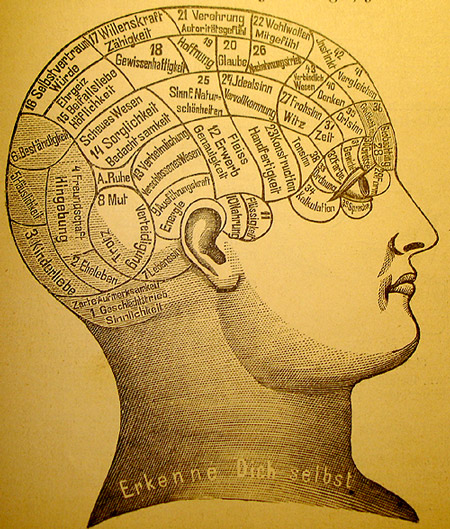The “Hard Problem”
Consciousness seems like a very difficult and vexing problem to many. The problem, variously phrased, can be stated this way: in a universe that is so obviously full of things that are objectively observable, how is it possible for there to be a purely subjective, first person experience that only I can experience directly?
How to tackle the consciousness “problem”
To iron this out, we must first focus on the hard facts related to consciousness, as well as the distortions that get in the way of our understanding of what is really going on with us. This, along with a brief discussion of some of the language rules related to consciousness, will make the so-called hard problem of consciousness melt away before our very eyes.
What is consciousness, and am I conscious?
Consciousness is the first-person experience of our internal and external states. It is a byproduct of information processing and integration. It is a hard fact that I am conscious, and it is a hard fact that only I can experience my own consciousness directly.

Are other people conscious?
When we say that another person is conscious, we generally mean that we believe that they are exhibiting a pattern or quality of behavior that suggests to us that they are also, in fact, subjectively conscious. (We are hard-wired for empathy and we are also socialized to accept that apparently conscious beings are subjectively conscious too).
Nonetheless, it is a hard fact that one cannot experience another person’s consciousness directly, or even deduce its existence with certainty.
Are non-humans conscious?
When it comes to non-humans, the rather straightforward rules noted above don’t work very well because there is no consensus about which behaviors would justify calling animals, trees or computers “conscious.”
One of the main reasons for this is that we tend to treat others as conscious only when they exhibit what we consider to be sufficiently human-like behavior, and there is no consensus with regard to the precise contours of such behavior.
So the only hard fact that we can identify with regard to consciousness in non-humans is this: even if we could all agree that non-humans behaved in a conscious-like manner, there would still be no absolute justification for claiming that they were subjectively conscious too. (In this regard, non-humans are no different from humans other than oneself, as noted above).
So why the “hard problem”?
With these rules laid out in a fairly straightforward way, why does consciousness still seem like such a difficult and vexing problem to so many people?
Let’s go through the main reasons for this one by one.
Vexatiousness is out of proportion to the degree of difficulty
As conscious beings, we are aware of, and often preoccupied with, our own conscious experience. So it should come as no surprise that we are sometimes disproportionately vexed by the presence of our own consciousness. But being vexed by something doesn’t necessarily mean that there is a particularly hard underlying problem.
Belief in human exceptionalism
Humans rightly consider themselves to be all alone at the pinnacle of the natural world when it comes to information processing prowess and therefore consciousness. But so what if our information processing abilities are many, many orders of magnitude more powerful than that of even our closest biological relatives? Consciousness compounds exponentially as the ability to process data increases. Our brains, however, just aren’t particularly good at appreciating the magnitudinal effects of these exponential differences.
Manipulation
Over millennia and throughout the world, people have proffered confusing, incoherent and sometimes fanciful theories of consciousness in an effort to justify mistreating, exploiting and controlling others. This further contributed to the illusion in the minds of many that consciousness poses uniquely difficult and insoluble problems.
The consciousness discourse is very noisy
The noisiness of the consciousness discourse further contributes to the false perception that it is a mysterious and insoluble problem. Everyone has a first-person experience of their own consciousness, so one needn’t know much else before opining on the matter!
But the mere fact that so many laypersons, philosophers, theologians, academics and “gurus” choose to perseverate over the phenomenon does not prove that consciousness is a hard problem.
The assumption of agency
We tend to behave as though our conscious selves have agency. That is, we act as if our conscious self is a primary mover of sorts which acts upon the world around it without being definitely and causally compelled by it.
This way of relating to others is absolutely necessary for interpersonal relationships to work effectively. Imagine telling a friend or loved one that in a true and fundamental sense you had absolutely no choice but to hurt their feelings. Things would not go well for the relationship at all. To have a chance at reconciliation, you must take ownership and express remorse, that is, you must claim agency. But saying it doesn’t actually make it so, and without proof of agency there can be no hard problem of consciousness.
Participation question
Do you believe that consciousness is a hard problem? Why, or why not?


Leave a Reply